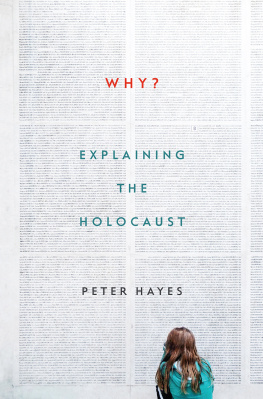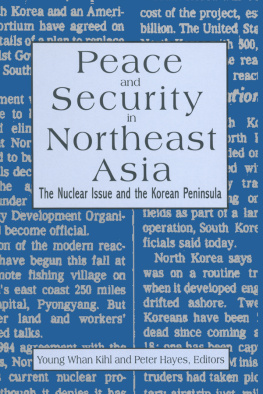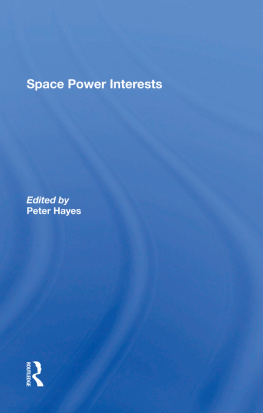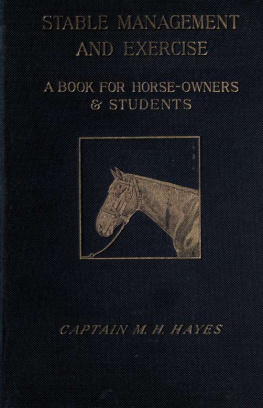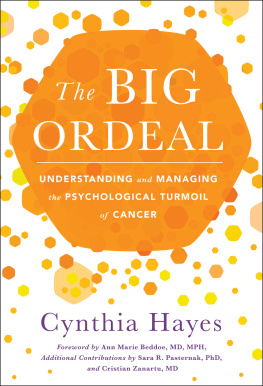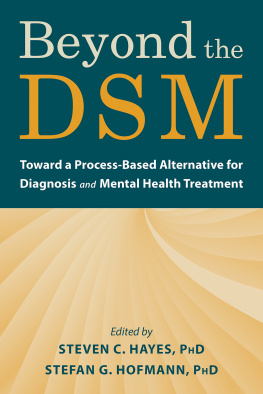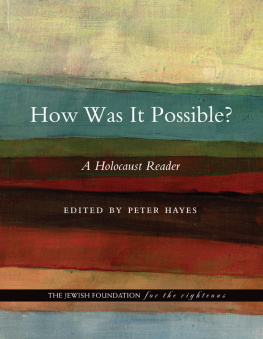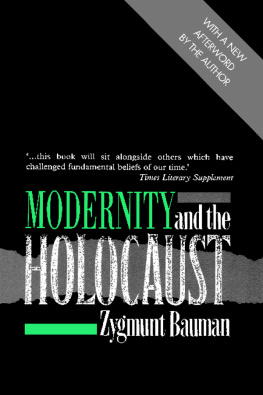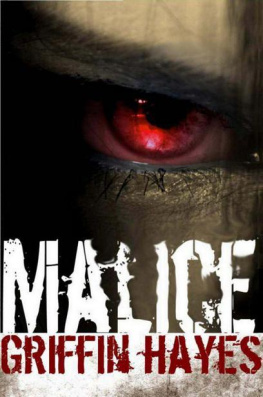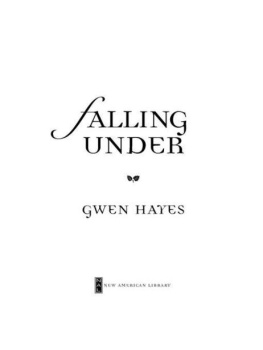Peter Hayes - Why?: Explaining the Holocaust
Here you can read online Peter Hayes - Why?: Explaining the Holocaust full text of the book (entire story) in english for free. Download pdf and epub, get meaning, cover and reviews about this ebook. year: 2017, publisher: W. W. Norton & Company, genre: Politics. Description of the work, (preface) as well as reviews are available. Best literature library LitArk.com created for fans of good reading and offers a wide selection of genres:
Romance novel
Science fiction
Adventure
Detective
Science
History
Home and family
Prose
Art
Politics
Computer
Non-fiction
Religion
Business
Children
Humor
Choose a favorite category and find really read worthwhile books. Enjoy immersion in the world of imagination, feel the emotions of the characters or learn something new for yourself, make an fascinating discovery.
- Book:Why?: Explaining the Holocaust
- Author:
- Publisher:W. W. Norton & Company
- Genre:
- Year:2017
- Rating:3 / 5
- Favourites:Add to favourites
- Your mark:
- 60
- 1
- 2
- 3
- 4
- 5
Why?: Explaining the Holocaust: summary, description and annotation
We offer to read an annotation, description, summary or preface (depends on what the author of the book "Why?: Explaining the Holocaust" wrote himself). If you haven't found the necessary information about the book — write in the comments, we will try to find it.
Peter Hayes: author's other books
Who wrote Why?: Explaining the Holocaust? Find out the surname, the name of the author of the book and a list of all author's works by series.
Why?: Explaining the Holocaust — read online for free the complete book (whole text) full work
Below is the text of the book, divided by pages. System saving the place of the last page read, allows you to conveniently read the book "Why?: Explaining the Holocaust" online for free, without having to search again every time where you left off. Put a bookmark, and you can go to the page where you finished reading at any time.
Font size:
Interval:
Bookmark:

WHY?
Explaining
the Holocaust
PETER HAYES

W. W. NORTON & COMPANY
Independent Publishers Since 1923
New York | London
Copyright 2017 by Peter Hayes
All rights reserved
First Edition
For information about permission to reproduce selections from this book,
write to Permissions, W. W. Norton & Company, Inc.,
500 Fifth Avenue, New York, NY 10110
For information about special discounts for bulk purchases, please contact
W. W. Norton Special Sales at specialsales@wwnorton.com or 800-233-4830
Book design by Marysarah Quinn
Jacket design by Evan Gaffney
Jacket photograph by Paula Salischiker / Millenium Images, UK
Description: Young girl reading list of names of Holocaust victims inscribed on wall. Shoah Memorial, Paris, France
Production manager: Anna Oler
The Library of Congress has cataloged the printed edition as follows:
Names: Hayes, Peter, 1946 September 7 author
Title: Why? : explaining the Holocaust / Peter Hayes.
Description: First edition. | New York ; London : W. W. Norton & Company,
independent publishers since 1923, [2017] | Includes bibliographical
references and index.
Identifiers: LCCN 2016031588 | ISBN 9780393254365 (hardcover)
Subjects: LCSH: Holocaust, Jewish (19391945) | Holocaust, Jewish
(1939-1945)Causes. | AntisemitismGermanyHistory20th century. |
JewsGermanyHistory20th century. | JewsPersecutions
EuropeHistory20th century. | GermanyHistory19331945. |
GermanyEthnic relations.
Classification: LCC D804.3 .H387 2017 | DDC 940.53/1811dc23 LC
record available at https://lccn.loc.gov/2016031588
ISBN 978-0-393-25437-2 (e-book)
W. W. Norton & Company, Inc.
500 Fifth Avenue, New York, N.Y. 10110
www.wwnorton.com
W. W. Norton & Company Ltd.
15 Carlisle Street, London W1D 3BS
IN GRATEFUL MEMORY OF INSPIRING TEACHERS:
Mary Faherty
James McGillivray
Athern Park Daggett
John C. Rensenbrink
Timothy W. Mason
Henry Ashby Turner Jr.
CONTENTS
Why Another Book
on the Holocaust?
SEVENTY YEARS AFTER the Holocaust ended, it continues to resist comprehension. Despite (or maybe because of) the outpouring of some sixteen thousand books cataloged at the Library of Congress under the heading, despite the proliferation of museums and memorials, despite the annual appearance of new cinematic treatments, and despite the spread of educational programs and courses devoted to the subject, a coherent explanation of why such ghastly carnage erupted from the heart of civilized Europe in the twentieth century seems still to elude people. Indeed, perhaps the adjectives most frequently invoked in connection with the Holocaust are unfathomable, incomprehensible, and inexplicable. These words attest to a distancing reflex, an almost instinctive recoiling in self-defense. To say that one can explain the occurrence of the Holocaust seems tantamount to normalizing it, but professing that one cannot grasp it is an assertion of the speakers innocenceof his or her incapacity not only to conceive of such horror but to enact anything like it. Small wonder that incomprehension is the default position in the face of the enormity of the Holocaust, even though that stance blocks the possibility of learning from the subject.
Self-protection is not the only reason for the enduring difficulty of coming to intellectual grips with the Holocaust, however. Another is the complexity of the task. To understand the Holocaust requires solving multiple puzzles that surround it. In the course of teaching the subject to American undergraduates for almost three decades and lecturing widely to both academic and general audiences, I have come to recognize eight central issues that people grappling with the subject find most perplexing. Some of these issues involve acts of commission, some concern acts of omission, and still others entail both. All require interlocking clarification before a mind can comprehend and account for the cataclysm. Each chapter of this book examines one of those eight central issues, raised in the form of a question, and the book as a whole reflects my conviction that the Holocaust is no less historically explicable than any other human experience, though the job is not easy.
In answering these questions, I bring to bear expertise that is unusual among students of the Holocaust. I am by training an economic historian. That does not mean that I foreground material motivations for murder (in fact, I contend that they were secondary to ideological motives). My background makes me, however, alert to numbers and their significance, and I deploy them frequently in order to demonstrate their powerful interpretive effects. A second distinguishing feature of my account is its dialectical origins. This is not a book driven by a thesis that the author wants to prove but rather a work that emerged out of the give-and-take of many years of teaching and public speaking, during which I learned which aspects of the subject people most want clarified and why, directed my reading and thinking toward identifying the most reliable responses that scholarship can offer, and then honed ways to make that knowledge as accessible and memorable as I could.
Alongside its explanatory purpose, this book also has another goal: to set the record straight. As the late historian Tony Judt observed, Impossible to remember as it really was, [the Holocaust] is inherently vulnerable to being remembered as it wasnt. Numerous myths have grown up around the subject, many designed to console us that things could have gone much differently if only some person or entity had acted more bravely or wisely, others intended to cast new blame on favorite or surprising villains or even on historians of the subject. This book dispels many such legendsfrom the notion that antisemitism brought Adolf Hitler to power in Germany to the belief that a large number of major perpetrators of the Holocaust escaped punishment afterwardand the final chapter reviews and debunks the most prevalent ones, including the loud and recurrent claim that the Holocaust never happened.
The arc of the books argument is as follows. The Holocaust was the product of a particular time and place: Europe in the aftermath of the Industrial Revolution and the upheavals of World War I and the Bolshevik Revolution. These were the contexts in which ancient hostilities toward Jews and Judaism, deeply rooted in religious rivalry but updated with the trappings of modern science, turned into a fixation on removing Jews from civil society as a magical solution to all social problems. Germany was where the fault lines of disruption lifted this belief to power during the 1930s, but the murder of the Jews of Europe was neither pre-programmed by German history nor an exclusively German project. The massacre took shape under specific political and military conditions and intensified in part because it suited the objectives of many other Europeans, at least during the short, ferocious period when most of the killing occurred. In the face of the slaughter, the victims were largely powerless and the onlookers preoccupied with their own, to them more pressing concerns. The parts of the trap that clicked into place around European Jews during the Nazi era fit so tightly that only a minority could escape, most only just barely and in the nick of time. Afterward, most countries of the old continent delayed acknowledging what they had participated in yet also constructed numerous barriers to its repetition, barriers that now, seventy years later, are under stress.
Next pageFont size:
Interval:
Bookmark:
Similar books «Why?: Explaining the Holocaust»
Look at similar books to Why?: Explaining the Holocaust. We have selected literature similar in name and meaning in the hope of providing readers with more options to find new, interesting, not yet read works.
Discussion, reviews of the book Why?: Explaining the Holocaust and just readers' own opinions. Leave your comments, write what you think about the work, its meaning or the main characters. Specify what exactly you liked and what you didn't like, and why you think so.

